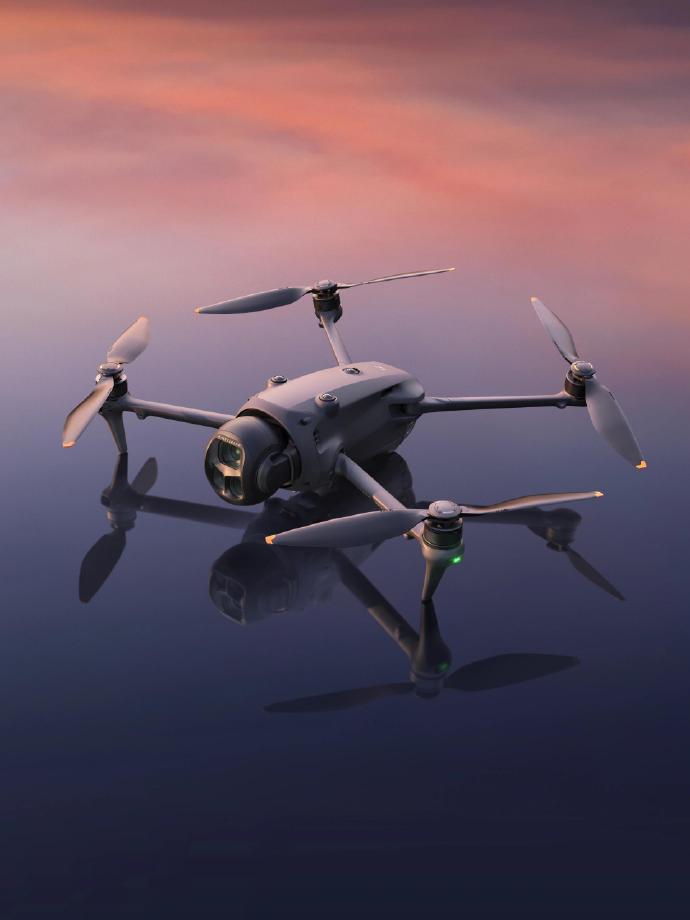One of the most groundbreaking advancements in drone technology is the ability to operate autonomously.
The Rise of Autonomous Drones
 Autonomous drones, equipped with AI, have the capability to perform tasks without human intervention. This feature is particularly beneficial in environments where human presence is limited or dangerous, such as disaster response or remote monitoring. AI drones can analyze their surroundings and make decisions in real-time, enhancing their efficiency and range of applications.
Autonomous drones, equipped with AI, have the capability to perform tasks without human intervention. This feature is particularly beneficial in environments where human presence is limited or dangerous, such as disaster response or remote monitoring. AI drones can analyze their surroundings and make decisions in real-time, enhancing their efficiency and range of applications.
Innovations in AI Technology
Recent developments in AI algorithms have significantly improved the capabilities of drones. Machine learning, a subset of AI, enables drones to learn from their experiences and adapt to new situations. This adaptation increases the scope of applications in fields like agriculture, where drones can monitor crops and assess health by analyzing patterns and data collected over time.
One of the pivotal innovations is object detection and recognition. AI empowers drones to identify and classify objects, enhancing their utility in surveillance, law enforcement, and logistics. For instance, AI drones can pinpoint individuals or items from high above, providing critical insights that can be used to manage events or track assets.
Applications Across Various Industries
AI drones are revolutionizing numerous sectors. In the agricultural industry, they offer precise crop monitoring, saving time and resources while increasing yield. In construction, drones provide a bird’s-eye view of sites, aiding in planning and safety assessments. The real estate sector benefits from aerial imagery that offers potential buyers comprehensive views of properties.
Enhancing Security and Surveillance
Security agencies utilize AI drones for surveillance and monitoring, employing their capability to cover vast areas swiftly and effectively. These drones can detect anomalies and potential threats, alerting personnel and enhancing public safety. This application is especially crucial in border security and large-scale events, where human monitoring can be challenging and resource-intensive.
The healthcare industry is also exploring drone applications for delivering medical supplies, particularly in remote areas where traditional transportation methods are not feasible. AI-driven navigation ensures timely delivery, improving medical response and saving lives.
Challenges and Considerations
Despite their potential, AI drones face several challenges. Privacy concerns are paramount, with apprehensions about the misuse of surveillance capabilities. Regulatory frameworks must evolve to address these issues, ensuring the technology is used ethically and responsibly. The technological limitations of AI still pose hurdles, such as processing power and energy efficiency, but ongoing research aims to overcome these obstacles.
FAQs
Are AI drones safe?
While AI drones offer numerous benefits, safety is a major consideration. Regulatory measures are in place to ensure safe operation, and ongoing advancements in collision-avoidance systems are making them increasingly reliable.
How do AI drones impact the environment?
.jpg) AI drones contribute to environmental monitoring and conservation efforts. By analyzing ecological data, they help track wildlife and assess environmental changes, aiding in conservation management.
AI drones contribute to environmental monitoring and conservation efforts. By analyzing ecological data, they help track wildlife and assess environmental changes, aiding in conservation management.